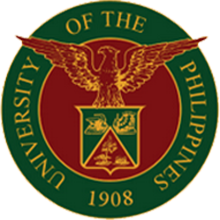Presentation Date:
Monday, May 22, 2023
Location:
College of Arts and Letters, University of the Philippines Diliman
One of the postcolonial critiques of Christianity was articulated by environmental historian Donald Worster, who wrote that Christian imperialism “stripped from nature all spiritual qualities” (Nature’s Economy, 29). For one, traditional Christian eschatology previously and dominantly emphasized on a new future prepared by God for humanity beyond this world during the Final Judgment. It has been argued that this encouraged a degree of human exceptionalism and anthropocentrism. This paper relays preliminary notes that attempt to uncover additional texture to the relationship between Christianity and nature through the purview of art history and eschatology, as means to surface how the religion’s problematic colonial legacies were negotiated by local practitioners. Specifically, the paper examines Methodist artist Glenn Bautista’s painting practice in the 1970s and his advocacy toward an alternative community framework, and how the concept of eco-eschatology can be seen to nascently figure within these and necessarily course through both. By bringing together ecology and Christian eschatology—through the images of the cosmic Christ and the second coming of Christ in one of his paintings, discussed alongside his sketches and abstracted landscapes—he asserted the need for a partnership with nature even in anticipation of the rapture in the Book of Revelation. This care for the cosmos is likewise expressed by the artist through his vision of an alternative community framework that aims at decentering the population from metropolises, which—similar to his artistic practice—is informed by his spirituality.
